Triple beam balance
610g capacity, expandable up to 2,610g with optional attachment weight set
Aluminum construction
Easy-to-read display
High level of accuracy
Report Abuse
Shipping Details
Based on 0 reviews
Be the first to review “Triple beam balance”
You must be logged in to post a review.
Vendor Information
- Store Name: ATLANTIC Scientific and Research Supply
- Vendor: ATLANTIC Scientific and Research Suply
- No ratings found yet!
-
Health & Medical
Push Plate
Kopperguard™ antimicrobial DOOR PULLS kills greater than 99.9% of Bacteria* within 2 hours of contact
All Kopperguard™ products are made from CuVerro® antimicrobial copper and registered with EPA as the only solid Antimicrobial Surface
Incorporation of Kopperguard™ antimicrobial product into your facility can help reduce the bacteria* that cause infections
Available in a brushed rose gold finish that elegantly lets everyone know the steps you have taken to provide continuous protection against disease-causing bacteria*
Antimicrobial protection never looked so good!
Offered in the standard 16 “x 4” for easy installation so no area is left unprotected
SKU: n/a -
Health & Medical
Microscopes Compound
The high-performance compound microscope for every laboratory with fixed, pre-centred Koehler illumination.
The KERN OBF and OBL models are excellent, stable laboratory microscopes for all common routine applications
Through the simple Köhler lighting, the adjustable field diaphragm and a pre-centred and height-adjustable Abbe condenser with adjustable aperture diaphragm, these microscopes produce superb images in both the light and dark field
As standard, these microscopes, depending on the model, are fitted with wide-field eyepieces, achromatic, planachromatic or infinitely corrected E-Plan lenses
These binocular microscopes are fitted with a dioptre compensation
A trinocular head is available as an option, so that you can connect a camera
A revolving unit for up to 4 lenses and a large specimen stage are included with delivery as standard
The following optional accessory items are available: Various eyepieces, lenses, a complete polarisation kit, a phase-contrast unit as well as complete HBO and LED fluorescence kits etc.
The light is provided by a 20 Watt halogen lighting unit or by a 3 Watt LED version as an alternative
A central feature of this adaptable, robust microscope range is the stable mechanism which can be adjusted preciselySKU: n/a -
Health & Medical
IR spectrophotometer
A Spectrophotometer is an analytical instrument used to identify materials including organic polymers. Infrared spectrophotometers record the relative amount of energy as a function of the wavelength/frequency of the infrared radiation when it passes through a sample. Therefore, chemical structures of different samples will reflect differences in the IR absorption spectrum allowing for identification of a sample. Unlike a dispersive spectrometer, an FTIR spectrometer or FTIR spectrophotometer is used to simultaneously obtain spectral data of a sample. It does this by using an interferometer to collect the interferogram, also known as the raw data/signal format, which can then be translated into the infrared spectrum of the sample by means of a fourier transform algorithm. As a result there are many advantages including greater signal-to-noise ratio, high resolution, higher throughput, and a short wavelength limit. FTIR spectrometers can be used in a variety of industries including environmental, pharmaceutical, and petrochemical.
SKU: n/a


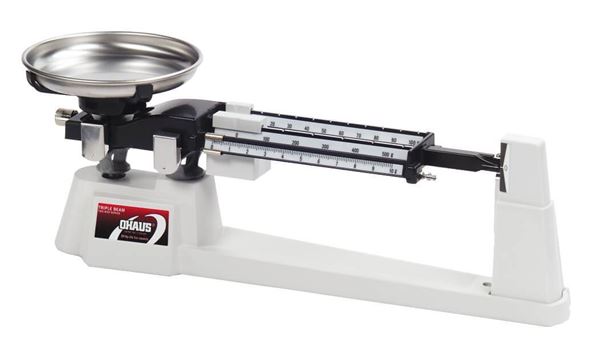
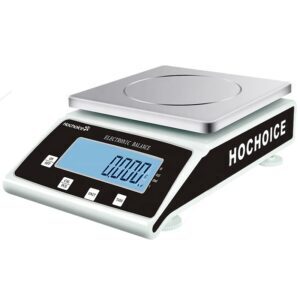
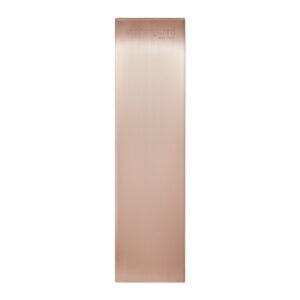
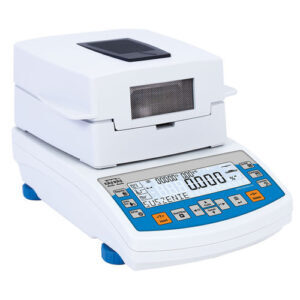
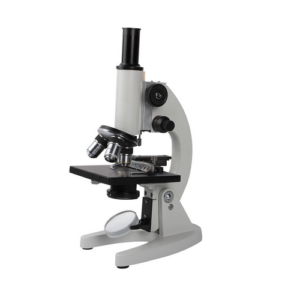
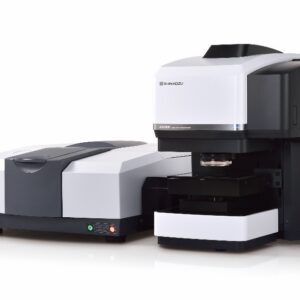
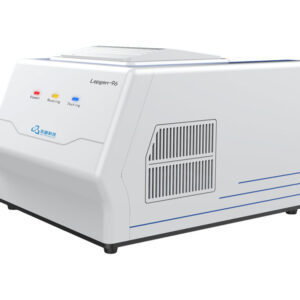
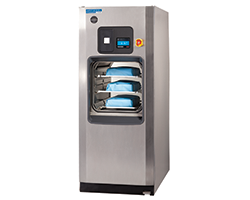
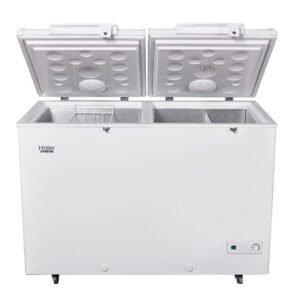
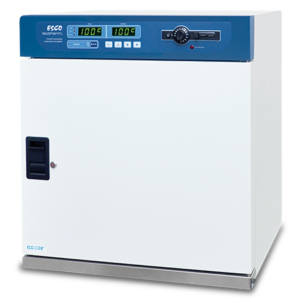
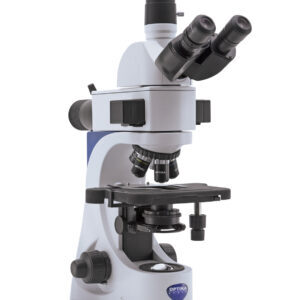
There are no reviews yet.